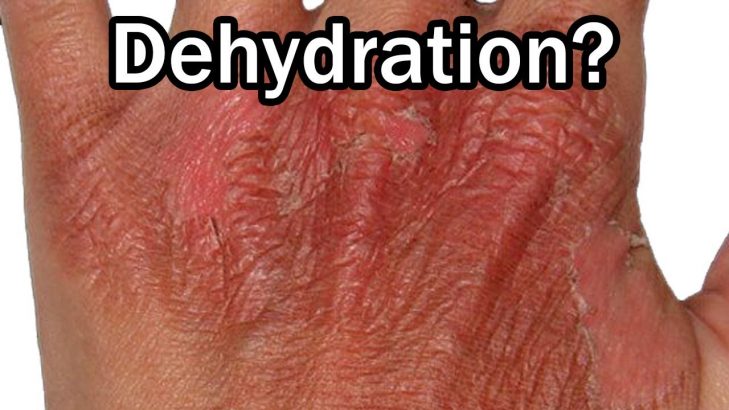Are You Drinking Enough Water? All the Signs That You’re Not Drinking Enough Water
Are You Drinking Enough Water? All the Signs That You’re Not Drinking Enough Water
Link: https://www.youtube.com/watch?v=SUxKlAVpt5s
Please subscribe our channel:
https://www.youtube.com/c/livehealthylifeofficial
Like us on Facebook: https://www.facebook.com/Live-Healthy-Life-1645151002425115
Follow us on Twitter : https://twitter.com/livehealthylif1
Follow us on Google+ : https://plus.google.com/+LiveHealthyLifeofficial
All the Signs That You’re Not Drinking Enough Water
Water is essential for our survival, a basic need we all take for granted at some point in our daily lives.
However, with a long list of positive benefits, it remains a challenge for us to drink the recommended amount of eight 8-ounce glasses of water per day.
Drinking more water is not only good for our bodies, but also for our minds, organs, skin, and muscles. If you experience any of these seven signs of dehydration, it may be time to refill that bottle of water soon.
Your urine is dark yellow
This is often the first sign that you are not drinking enough water. In general, the urine should be a light yellow-amber color.
When a person does not consume enough water, the kidneys excrete a “greater concentration of waste products in the urine, including dead blood cells, toxins, proteins and other products that must be eliminated from the body,” which produces darker urine.
You may also notice darker urine after consuming certain medications, B vitamins, beets, berries, asparagus or food coloring. If you notice a temporary change in the color of the urine,
first consider whether you have consumed something that could alter the color of your urine. Then, increase your water intake and see if your urine color becomes lighter. If your urine stays dark for a prolonged period of time, it could be a sign of more serious health problems, such as hepatitis or gallstones.
High or low blood pressure
The decrease in the general blood volume caused by dehydration can manifest as constantly low blood pressure.
Over time, the increase in blood cholesterol can cause arterial accumulation and eventually plaques that increase blood pressure to potentially unsafe levels.
Dry Skin
Guess which is the largest organ in your body. It’s really your skin! Of course, it is necessary to stay hydrated, but not just using lotion.
Complete dehydration leads to a lack of sweat, which means that your body cannot remove excess dirt and oil. Drink more water to keep you clean.
Experience digestive problems
There is mucus in the mouth and throat that is affected by the hydration we have. Hydration allows the membrane to function properly.
This also applies to the entire digestive system. Without proper hydration, the amount and strength of the mucus in the stomach decrease, which allows stomach acid to cause significant damage to its interior. This leads to what we commonly call heartburn and indigestion.
Frequent headaches
Both lack oxygen and increase blood pressure are the perfect recipe for frequent headaches.
If you notice that you seem to be getting it more often, try drinking more water daily to ease the tension in your brain.
You experience joint pain
Our cartilage and spinal discs are composed of approximately 80% water. This is an absolute necessity to prevent our bones from sticking together with each step we take.
By keeping your body hydrated, you ensure that your joints can absorb the impact of sudden movements, such as running, jumping or falling awkwardly.
Constipation
Daily water intake is essential to keep your bowels hydrated and prevent constipation.
If your fluid intake is low, your digestive system has difficulty expelling the waste, which causes it to remain in the colon.
To avoid this, it is recommended to drink six to eight glasses of water a day and eat fruits and vegetables rich in fiber.
